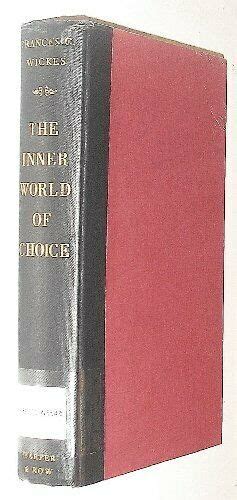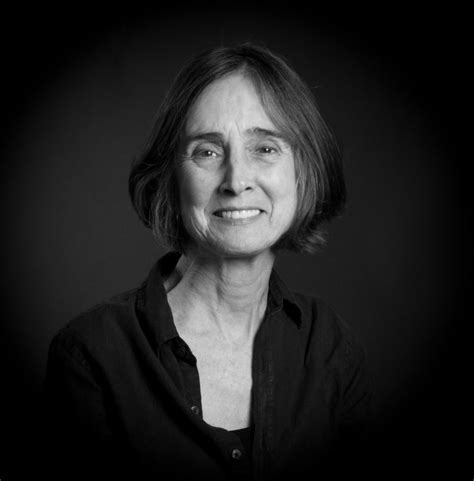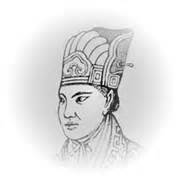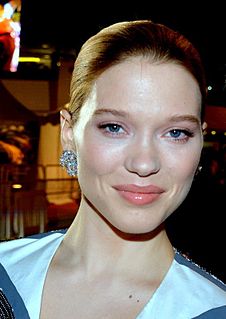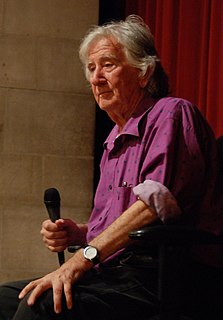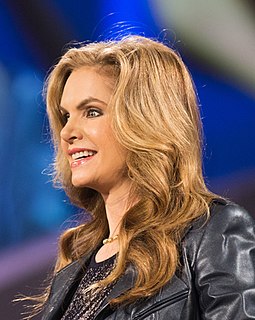A Quote by Lyn Hejinian
The idea of the person enters poetics where art and reality, or intentionality and circumstance, meet.
Quote Topics
Related Quotes
[T]he more radical the person is, the more fully he or she enters into reality so that, knowing it better, he or she can transform it. This individual is not afraid to confront, to listen, to see the world unveiled. This person is not afraid to meet the people or to enter into a dialogue with them. This person does not consider himself or herself the proprietor of history or of all people, or the liberator of the oppressed; but he or she does commit himself or herself, within history, to fight at their side.
In legal parlance, that is called 'the rational person test,' ... That's where somebody else says, 'Even though we have no idea what this person would want in this circumstance in which they cannot themselves tell us what they want, a 'rational' person - meaning, myself - in that circumstance would want to die.' So you move very quickly from so-called voluntary euthanasia to involuntary euthanasia. These legal and medical developments are not simply hypothetical They're in the courts right now.
People for whom art is religion can say, "What I love about art is that it points to a higher reality." Well, fine, but the time comes when the smart thing for such a person to do is to let go of the fun of the art and get into the hard work of attaining and understanding that higher reality, unmixed with worldly games.
The Western Idea of practice is to acquire a skill. It is very much related to your work ethic, which enjoins us to endure struggle or boredom now in return for future rewards. The Eastern idea of practice, on the other hand, is to create the person, or rather to actualize or reveal the complete person who is already there.... Not only is practice necessary to art, it is art.
Here we are at the very core of the thesis we wish to defend in the present essay: reverie is under the sign of the anima. When the reverie is truly profound, the being who comes to dream within us is our anima. For a philosopher who takes his inspiration from phenomenology, a reverie on reverie is very exactly a phenomenology of the anima, and it is by coordinating reveries on reverie that he hopes to constitute a "Poetics of reverie". In other words, the poetics of reverie is a poetics of the anima.




